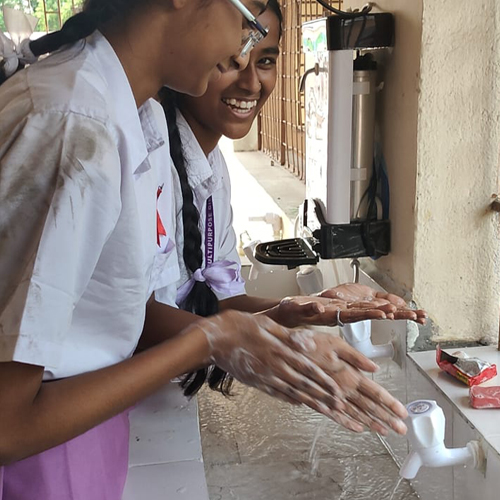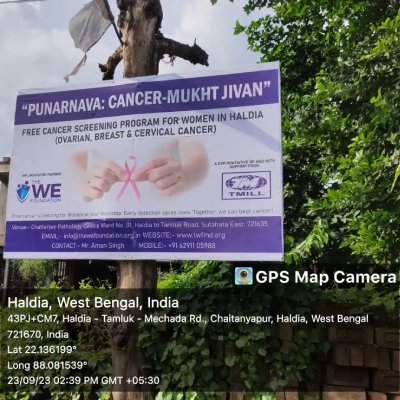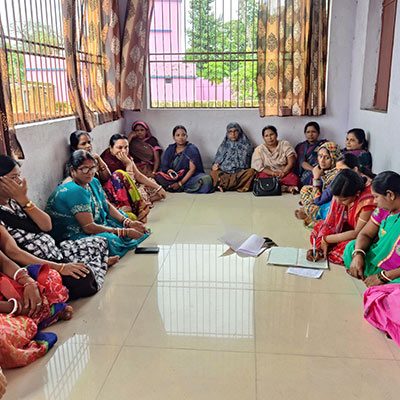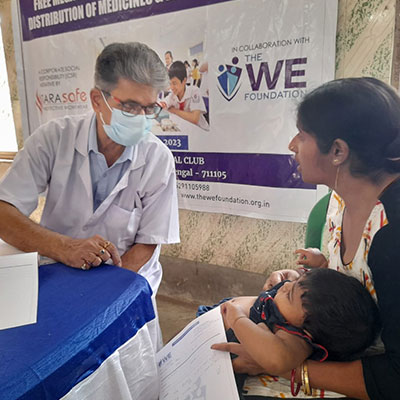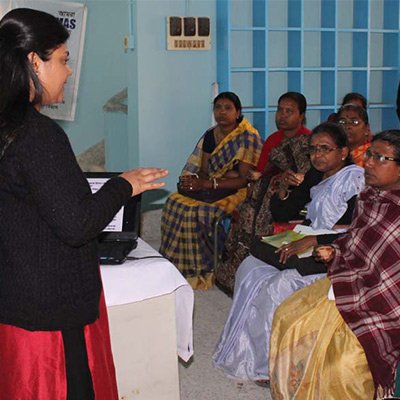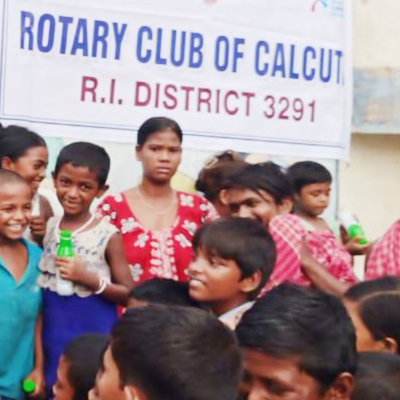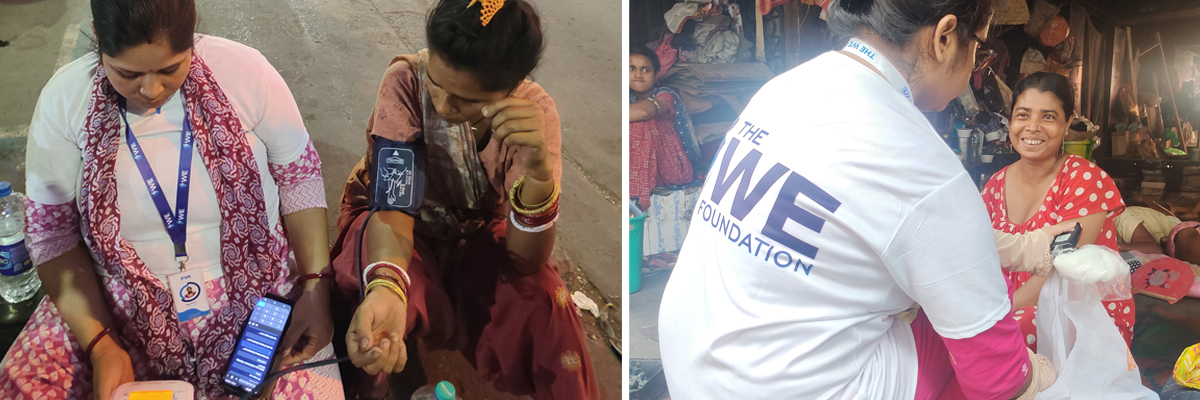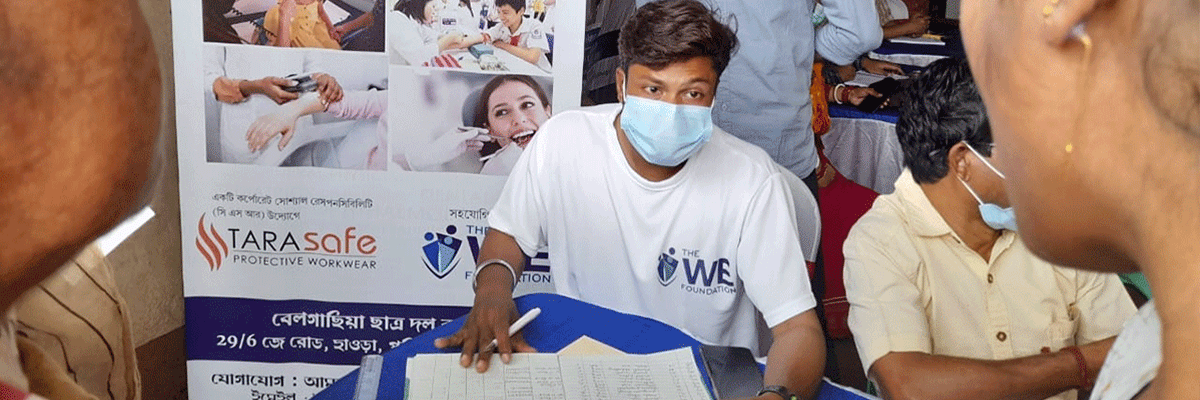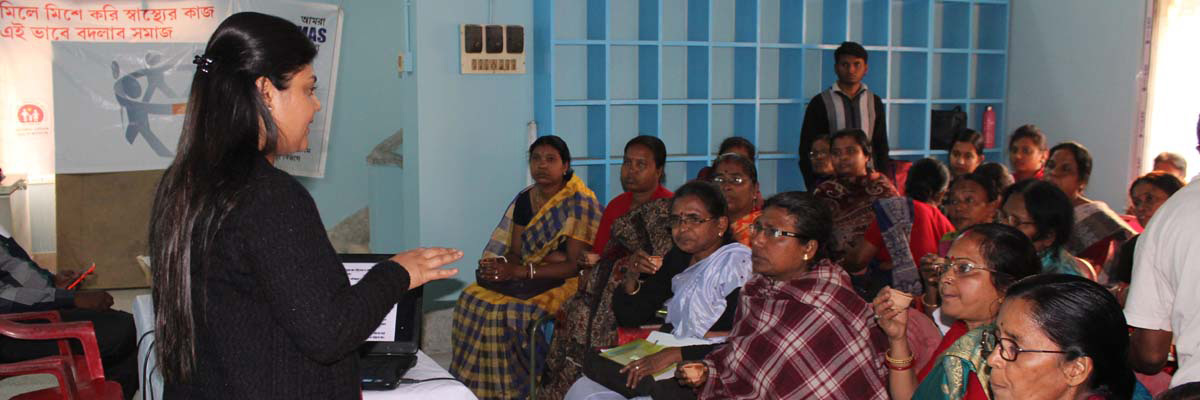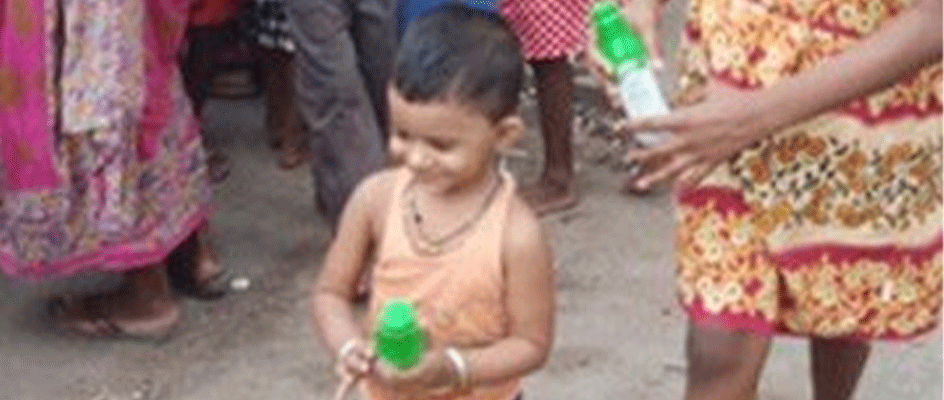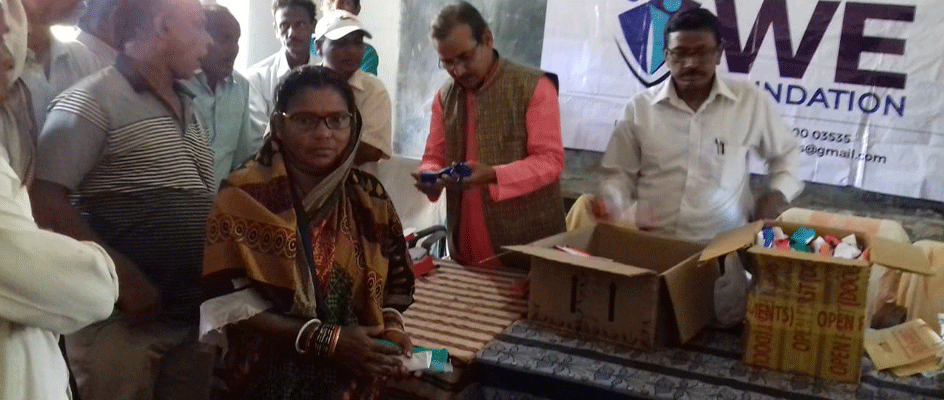According to the World Health Organization, “Better health is central to human happiness and well-being. It also drives economic progress, as healthy populations live longer, are more productive, and save more.” We fully believe this principle.
The WE Foundation is one of the leading healthcare NGOs in India where we work closely with communities and collaborate with local, state, and central governments, other NGOs, corporations, and community groups. Our mission is to provide accessible, affordable, and high-quality primary healthcare services to the most vulnerable and marginalized children and women in both rural and urban areas.
As one of the top NGO in Kolkata, TWF focuses on identifying the root causes of healthcare challenges and delivering innovative solutions to improve health outcomes across India.
Our Focus Areas Are:
- Tackling malnutrition by addressing issues like stunting, wasting, and obesity in children, adolescents, and women.
- Screening and treating cancer patients.
- Providing mobile medical units, clinics, and mHealth apps to improve access to quality care right at people’s doorsteps.
- Developing health infrastructure, including facilities and Integrated Child Development Scheme programs.
- Organizing health camps for eye, dental, and general care.
- Responding to health emergencies, such as the COVID-19 crisis.
The health and nutrition programs of TWF focus on assessing risks and using proven methods to achieve the best results. We support and train those involved, create helpful educational materials, and use TV, radio, and print media to spread the word. We also work closely with government agencies and other key partners to make our programs more effective.




